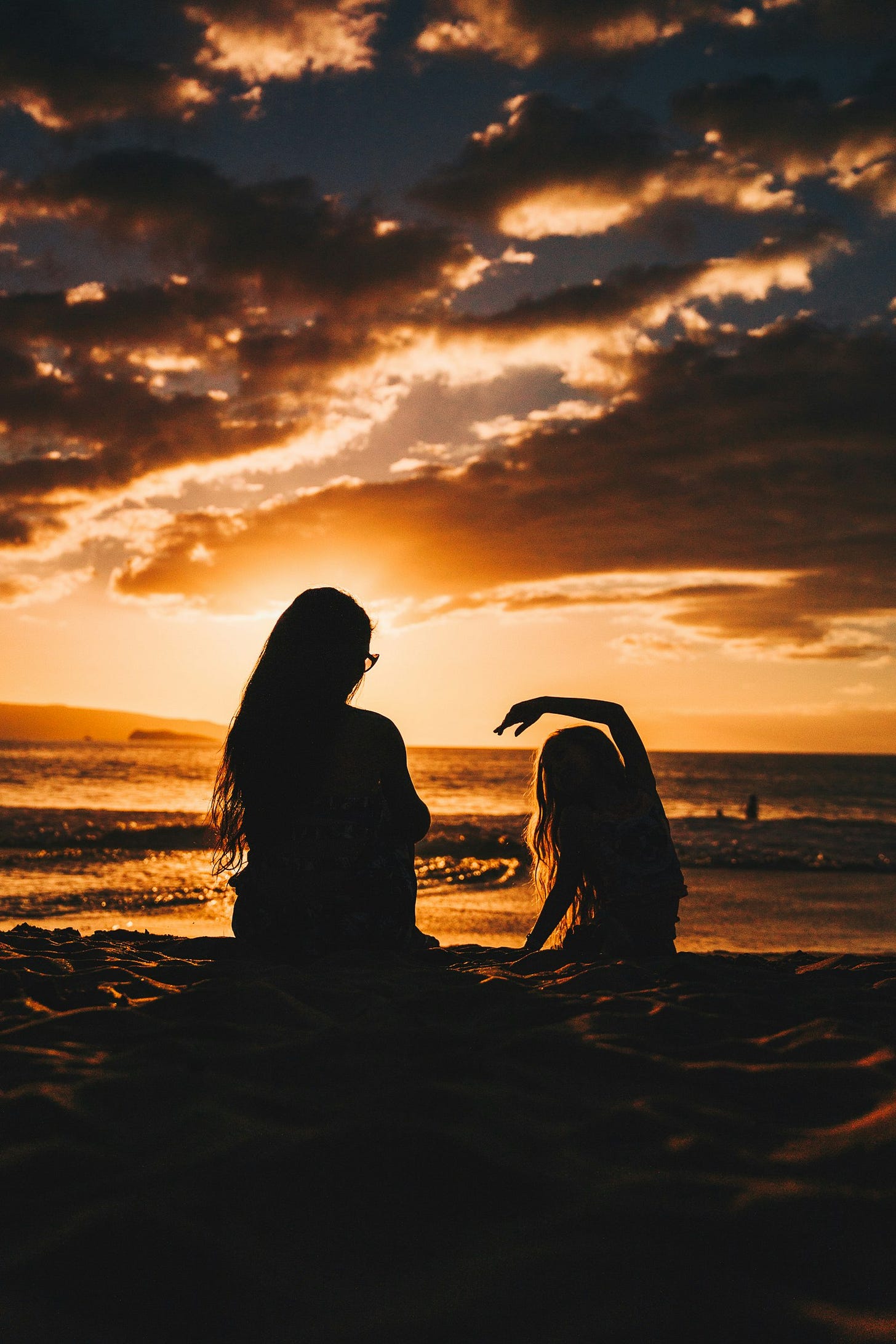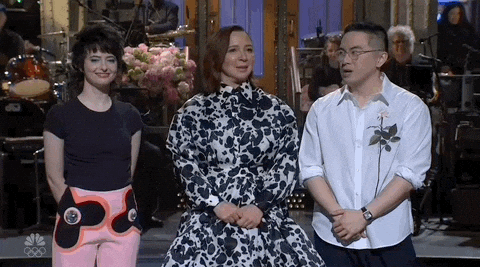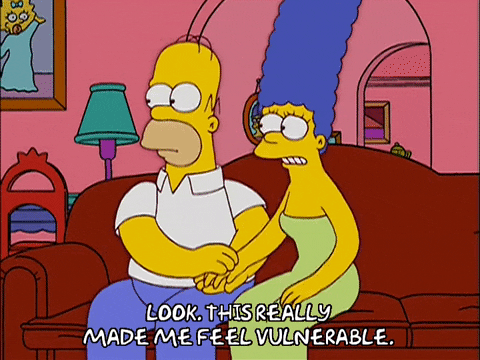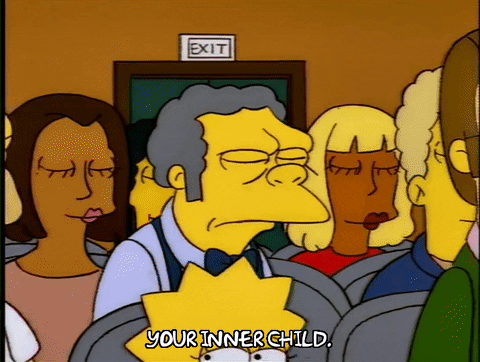OverFlow: Are You Your Mother's Inner Child?
The thought knocked aggressively at my door and has overstayed its welcome in my mind palace.
OverFlow is what happens when I overthink, overflow, and over-everything. When my feelings have nowhere to go, I write about them.
“Am I my mother's inner child?” The thought knocked aggressively at my door and has overstayed its welcome in my mind palace. I thought about it while watching Love Is Blind UK on Netflix. It was during the scene where we first meet Jasmine's mother—and I realized the prettiest one in the show was a Filipina.
Being My Mother's Inner Child
An idle thought about how my mother and I aren't similar and, therefore, would make different decisions in life bounced off too many corners of my mind and landed on this realization. One of the first things I dealt with as I started working on myself was my problems with vulnerability, which stemmed from my childhood trauma because I experienced emotional distance from my mother. But now, with an adult's understanding, I see what her intentions could have been. Maybe it wasn't “emotional distance” to her. Maybe it was “giving me the space and time to figure things out myself.” What if she gave me what she had been missing from her childhood? What if my mother was trying to be the cyclebreaker of our family when she was raising me?
It's worth noting that my mother is a Virgo, and Venus in my natal chart is also a Virgo. Venus is the planet of love and relationships, so I'm being generous with my interpretation of her actions. I'm also aware that some parents mirror their parents' actions—although it's not an excuse for them to continue the cycle.
I confess that I don't maintain a close relationship with my mother and haven't discussed this with her. But I want to—have a conversation, sit down with her, and ask her about her childhood and how it has shaped her life. I want to know if she had similar thoughts when she was my age, struggling to figure out life. Did she ever feel like she was living someone else's dreams because of societal pressure or familial expectations? Did she raise me like she wanted to be raised in the early 1940s after World War 2?
The Double-Edged Sword of Emotional Distance
Emotional distance can be a coping mechanism for dealing with difficult emotions and situations. However, it can also create relationship rifts and prevent meaningful connections from forming. And when you experience it early enough in life, it tends to make a mark. I realize I've used emotional distance as a defense mechanism—a habit I picked up from my mother. Now I see how this behavior has affected my relationships and how important it is to break free from this cycle. It's time for me to confront these deep-seated issues and find a way to heal—if only to be emotionally vulnerable with my mother for the first time.
Since my father's death, I've been trying to find my way back to my mother. I don't know how to start rebuilding our relationship—we were never very close. I didn't learn how to communicate from her or my father. Now, having gotten past the hurdle of wanting an apology for how she treated me with emotional distance when I was younger, I am more open to having a conversation with her. Maybe if we both confront our inner children and share our experiences, it can bring us closer together.
When the Distance Is Emotional and Physical
The trouble is that now, the distance between me and my mother is both emotional and physical. My family lives in the Philippines, and I'm currently based in the United States. We don't communicate often, and when we do, our conversations are always cordial but superficial.
Despite the challenges, I want to continue on this journey toward healing and working on myself. As I learn more about myself and my inner child, I can't help but wonder if my mother is also on her journey of self-discovery. Maybe she, too, is trying to reconnect with her inner child and heal from past wounds.
Healing Needs to Happen No Matter What
I've often thought that I don't need to heal my family's intergenerational trauma because I'm child-free. But as I grow older, I realize that healing needs to happen no matter what. I must confront my inner child and understand their needs, traumas, and dreams. And in doing so, maybe I can also help my mother heal her inner child—if I can even talk to her about this.
As for being my mother's inner child, the truth is that we are all products of our environment and upbringing. We inherit not just physical traits from our parents but also their emotional baggage. We must break these cycles and create a healthier future for ourselves and our families. So, whether I am my mother's inner child or not, what matters most is that we both have the opportunity to heal and grow together.
Photo by guille pozzi on Unsplash
If you’ve enjoyed reading this or something else I’ve written, please consider buying me a coffee. ☕ Thank you!







